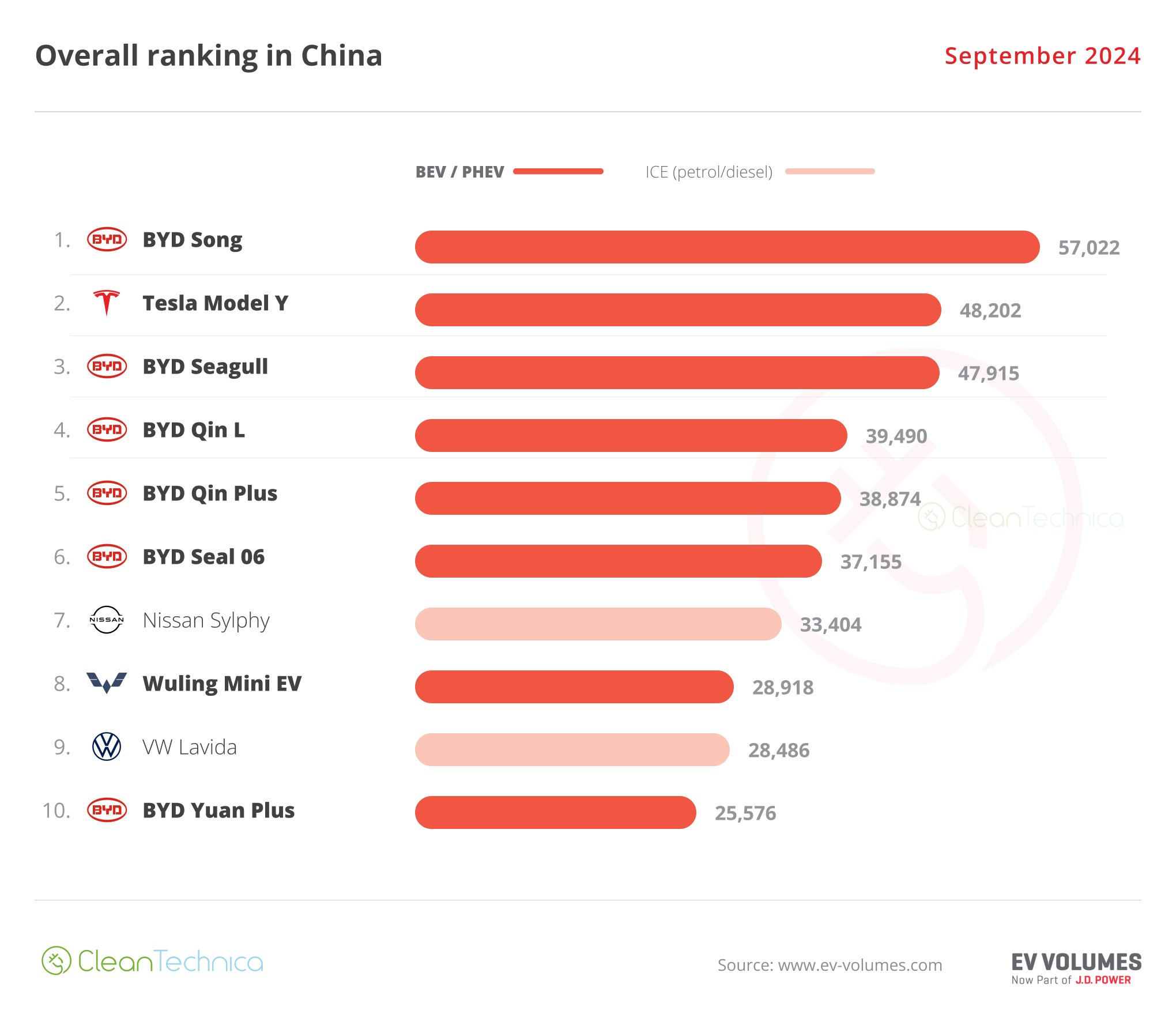Sign up for daily news updates from CleanTechnica on email. Or follow us on Google News!
Do you ever wonder why so many people just don’t get how severe the climate crisis is? One big reason why is because Big Tech companies are fostering climate mis- and dis-information. The blatant hypocrisy is taking place even as our world is on a precipice where a single degree more of average warming will be devastating to humanity and ecosystems. It’s become clear: core social media narratives shaping discourse around the climate crisis have persistent “stickiness” of mis- and dis-information, influencing people to disregard the danger of fossil fuels.
Every year a Conference of the Parties (COP) takes place with the aim of reviewing progress towards the UNFCCC overall goal to limit climate change. Evidence revealed by the coalition, Climate Action Against Disinformation (CAAD) for each of the last four COPs concludes that false narratives “pollute discourse and hinder climate action.”
CAAD’s latest report uncovers the prevalence and nature of online climate dis- and misinformation, which continues to rage on unabated.
The digital information landscape is “dangerously polluted, obscuring the truth and delaying the urgent action we need to protect our future,” the annual CAAD benchmark explains. Over and over, Big Tech reframes extreme weather events and ready solutions to the crisis, turning the latter into fodder for opposition to climate action through annually reinforced and recycled arguments and imagery.
In an attempt toward shaping discourse that reflects actual climate reality, 55 climate information integrity groups and 42 leading climate scientists and experts have signed an open letter that urges countries to counter the risk of false and misleading claims that are wrecking efforts to slow climate change. These proposed measures include adopting a universal definition of climate disinformation, such as the working definition proposed by the CAAD coalition, another signatory.
CAAD research seeks to uncover who is shaping discourse contrary to climate facts, how these misrepresentations manifest, and what they reveal about the critical defects in the most prevalent information space of social media.
What’s striking in this year’s report is the consistency of trends over time. Repeat exposure to climate denial claims makes them appear more credible and persuasive, even for those who report being worried about the climate crisis. Such narratives are becoming even more mainstream, more violent, and more impactful through repetition.
In many cases, this process is inseparable from ongoing, systemic issues in the governance of digital platforms and the incentives built into social media. CAAD states that “It is more important than ever to track and dissect trends at scale, in real time, across geographies and languages; yet researcher access to data is in dire straits.”
In prior years of CAAD research ahead of a COP, lots of particular kinds of analysis mobilized the climate sector and policymakers. Today, however, such analyis “could no longer be produced in the current landscape. This is particularly true for big data and ‘volume-over-time’ analysis that offers the wider lens on what is happening and provides early warnings, as opposed to anecdotal case studies when a crisis has already struck.”
Mis- and Dis-Information Attacking Renewables
CAAD’s report, titled “Extreme Weather, Extreme Content: How Big Tech Enables Climate Disinformation,” identifies multiple myths shared across social media. Despite ample time to make substantive changes, Big Tech continues to allow a small number of “super-spreaders” to infiltrate their platforms with already widely debunked claims that attack renewable energy and electric vehicles, according to CAAD.
Renewable energies are also framed as a tool for social control.
Talking points continue to generate high audience engagement. They falsely claim renewable technologies are inefficient, unreliable, dangerous, prohibitively expensive, or do more harm than good to wildlife and natural habitats. Increasingly, renewable energies are also framed in line with wider conspiracy theories. Here are some examples.
Climate Lockdown: This narrative promotes the idea that governments and/or some ‘elites’ would be using climate change as an excuse for imposing new restrictions on people’s freedom of movement or to ‘control’ populations. These messages usually communicate to their audience that climate change mitigation policies are an intolerable infringement on their freedom.
Totalitarian Control: Government-led policy interventions — such as to phase out diesel vehicles or support heat-pump installation — are regularly labelled “totalitarian” and part of an attempt to control citizens to their detriment.
Renewable energy accidents: Top shared posts frequently use short videos of alleged incidents involving renewable energy equipment, especially wind turbines. Decontextualized footage featuring alleged accidents often spreads rapidly and requires time-intensive fact-checking. In many cases the accusations cannot be sourced using standard tools (e.g. reverse image search). This means social media users have little recourse to verify claims.
Wokewashes: Climate-skeptic accounts frequently claim that renewable equipment cannot be recycled or focused on issues like rare earth minerals mining in the Democratic Republic of Congo (DRC), which are used to produce EV batteries. Accounts self-describing as progressive or left-leaning also highlighted these issues, and these supposed accounts did not discredit renewables entirely. Instead, they were generally vocal supporters of a just energy transition.
Stacking: Most key amplifiers engage in “issue stacking,” in which false claims about climate are placed alongside misinformation and conspiracies on other issues — think public health, “racial purity,” elections, and the like.
Sensationalism: Legacy media regularly publish sensationalized articles about renewables, bolstering efforts to discredit the energy transition. This includes reporting on isolated incidents, which are weaponized to condemn renewables. It also as well as platforming individuals who misinform or make adversarial claims about such technologies.
The Great Reset: This plot was shaping discourse under the guise of culprits seeking to destroy capitalism and to enact a one world government — all under the cover of Covid 19. As analysed in the Guardian, a group of “global elite is using COVID-19 as an opportunity to roll out radical policies, such as forced vaccination, digital ID cards and the renunciation of private property.”
Final Thoughts about Intentional Climate Lies that are Shaping Discourse
False representations of climate solutions are now ubiquitous online. Further decay of information integrity is not a foregone conclusion, however, CAAD insists, “but we must confront threats now, before the damage is beyond repair.”
Factitious methods to dissuade people from accepting the harsh reality of the climate crisis “don’t pose an unsolvable problem,” according to the CAAD analysis. A host of initiatives and legislatures like the UN Global Principles, the Global Digital Compact, and the EU Digital Services Act demonstrate that levers exist and that they can improve our information ecosystems.
“However, such levers must focus on the profit motives for content creators that disinform, the tech platforms who take a cut, and, crucially, the polluters who rake in revenue year-on-year exploiting this system. We cannot fixate on litigating post-by-post but must address the systems behind them and the actors they reward, whether corporate, state-sponsored, political or individual. Better information alone — through more scientific data, fact-checks or storytelling alone — will not achieve the change we need if we do not also address the core, architectural problems at play.”
Have a tip for CleanTechnica? Want to advertise? Want to suggest a guest for our CleanTech Talk podcast? Contact us here.
Sign up for our daily newsletter for 15 new cleantech stories a day. Or sign up for our weekly one if daily is too frequent.
CleanTechnica uses affiliate links. See our policy here.
CleanTechnica’s Comment Policy




